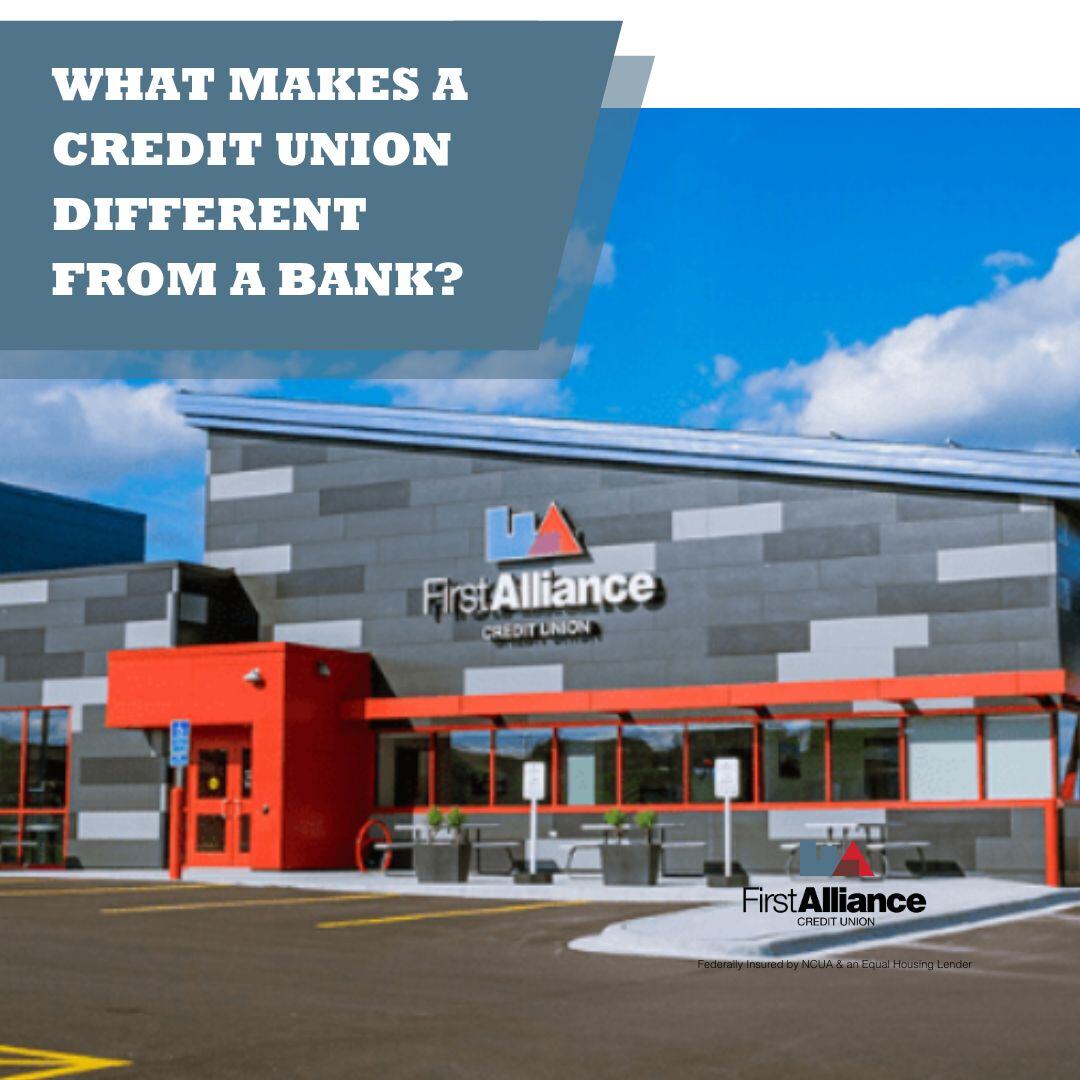Is a Credit Union Better than a Bank? Unveiling the Truth
In the world of personal finance, the choice between a credit union and a bank can be a pivotal decision. But what exactly sets these two...
3 min read
 Kamel LoveJoy
:
Jun 17, 2025 5:00:00 AM
Kamel LoveJoy
:
Jun 17, 2025 5:00:00 AM

In 1865, Juneteenth marked a significant turning point in American history. On this day, enslaved individuals in Texas were finally informed of their freedom—two and a half years after the Emancipation Proclamation. While this moment symbolized the end of slavery, the true battle for freedom—especially financial freedom—was far from over.

After the American Civil War, African Americans faced numerous systemic barriers that kept them from accessing financial services and building wealth. Many had the desire to create better lives for themselves, but institutions like banks continued to deny them the opportunities their white counterparts received.
Following World War II, many African American soldiers returned home, hopeful to start fresh. However, racial discrimination in banking and housing made it difficult for them to achieve the same benefits available to others. The GI Bill, intended to assist veterans in purchasing homes and attending college, largely excluded Black veterans, perpetuating a cycle of economic inequality.
Despite these challenges, African Americans showed incredible resilience and solidarity. This spirit of cooperation led to the creation of African American-owned credit unions, providing a financial alternative to traditional banks that had long excluded Black communities. These community-based financial institutions became the key to overcoming financial barriers.
Credit unions have always been about community, cooperation, and mutual support. Unlike traditional banks, credit unions are member-owned and not-for-profit, which means the profits are reinvested into the members. This results in lower fees, better rates, and more personalized service.
For African American communities, this model offered a lifeline to economic empowerment. With credit unions, families could access affordable loans, build savings, and create opportunities for wealth-building that had been denied by traditional financial institutions.
African American credit unions grew out of a need for fair and accessible financial services to those who had been shut out of the traditional banking system. These institutions became crucial in helping families purchase homes, send children to college, and start small businesses, bridging the economic gaps created by segregation and discriminatory policies.
Today, the main advantage of credit union over traditional bank remains the ability to provide more equitable and accessible financial products for everyone, especially those who may have been excluded in the past.

Juneteenth Day is a powerful reminder that freedom and equality are ongoing goals. Credit unions, like First Alliance Credit Union, continue to play an essential role in the fight for financial freedom. By offering services that prioritize people over profits, we help ensure that everyone—regardless of their background—has the opportunity to build a secure financial future.
Credit unions are not just about offering a bank account bonus or direct deposit services. They are about creating a community-driven financial system that serves people, not shareholders. Whether you're switching banks, or even how to close a bank account, credit unions are there to provide personalized support.
At First Alliance, we believe in supporting our members through every financial step—from learning how to change banks to helping you navigate how to open a bank account and make the most of it.

At First Alliance Credit Union, we’re proud to be part of the credit union movement. We weren’t built by African Americans, but we still share the same commitment to financial freedom for everyone. Our mission is to show up, listen to your story, and provide you with the tools to reach your goals.
Here’s how we do that:
Affordable loans: We offer competitive rates on home loans, car loans, and personal loans, so you can borrow money without the stress of sky-high interest rates.
Financial education: We help you learn the ropes of budgeting, saving, and investing so you can make smart decisions with your money.
Accessible services: Whether you’re trying to save for a house, pay off debt, or build credit, we’re here to help you every step of the way.
Juneteenth is more than a celebration of the past—it’s a reminder of the journey toward freedom, especially when it comes to financial freedom. It’s a day to reflect on how far we’ve come and how much work is still needed to make sure everyone has equal access to financial opportunities.
Let’s Keep Moving Toward Financial Freedom
Juneteenth is a reminder that freedom is something worth fighting for—and that includes financial freedom. At First Alliance Credit Union, we’re committed to empowering our members by offering affordable services, financial education, and a community that’s focused on lifting each other up.
We believe everyone deserves to have the financial tools they need to succeed, and we’re here to help make that happen. Whether you’re looking to save for a home, build your credit, or start a business, we’re ready to walk alongside you on that journey.
As we reflect on the meaning of Juneteenth, let’s also think about the ways we can help build a future where everyone has access to the same financial opportunities. If you’re ready to start your own journey toward financial freedom, here’s how we can help:
Home Loans: Ready to buy your first home? Let’s make it happen. Check out our Home Loans.
Credit Building: Need to improve your credit? We offer credit builder loans to help you get started.
Financial Education: Not sure where to begin? Our Financial Education Hub has all the tools you need to get your finances on track.

In the world of personal finance, the choice between a credit union and a bank can be a pivotal decision. But what exactly sets these two...

When choosing where to stash your cash, you really only have two options: a bank or a credit union. However, most people don’t seem to actually know...

Bank vs Credit Union…what’s the difference? On the surface banks and credit unions can seem very similar. Both banks and credit unions offer...